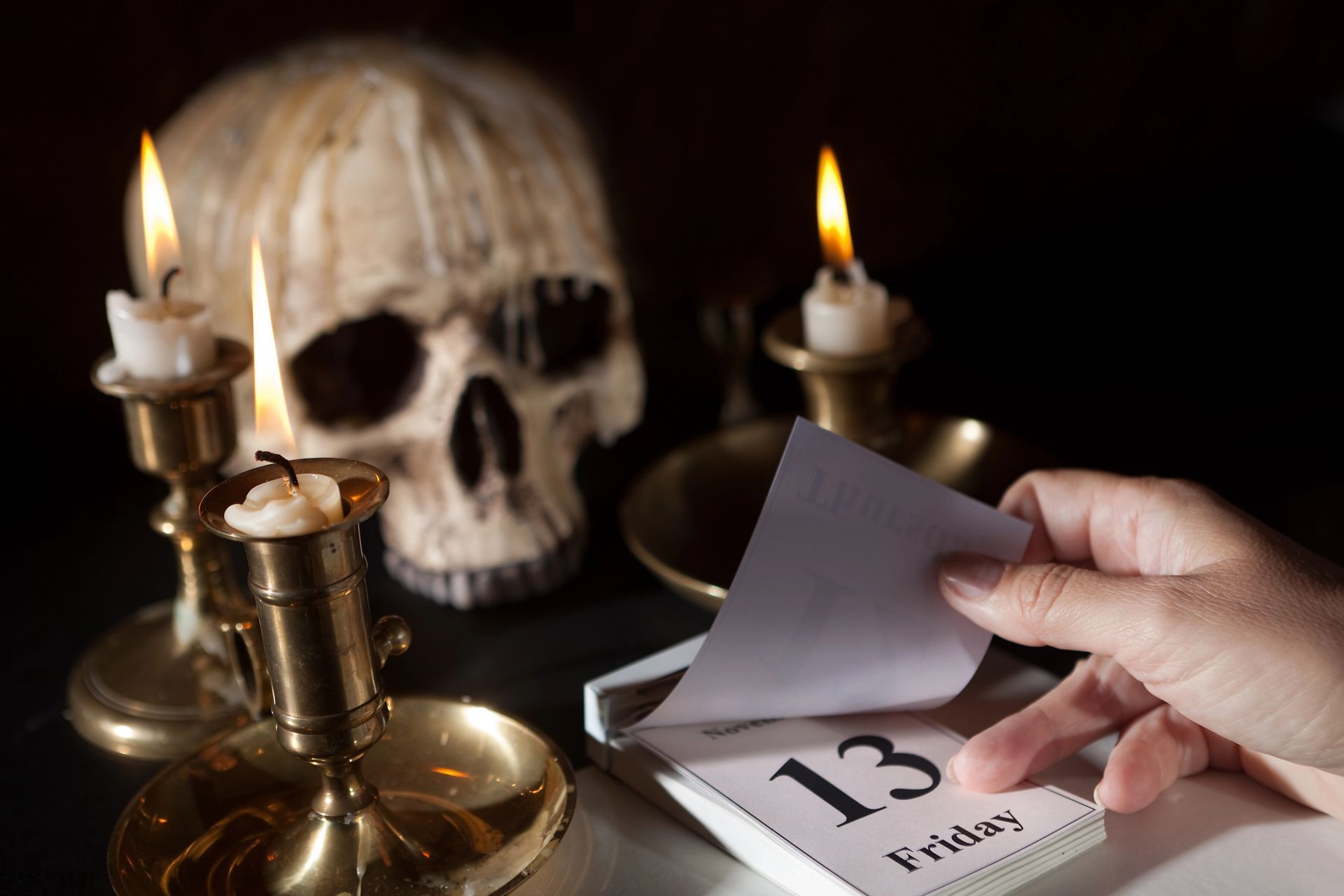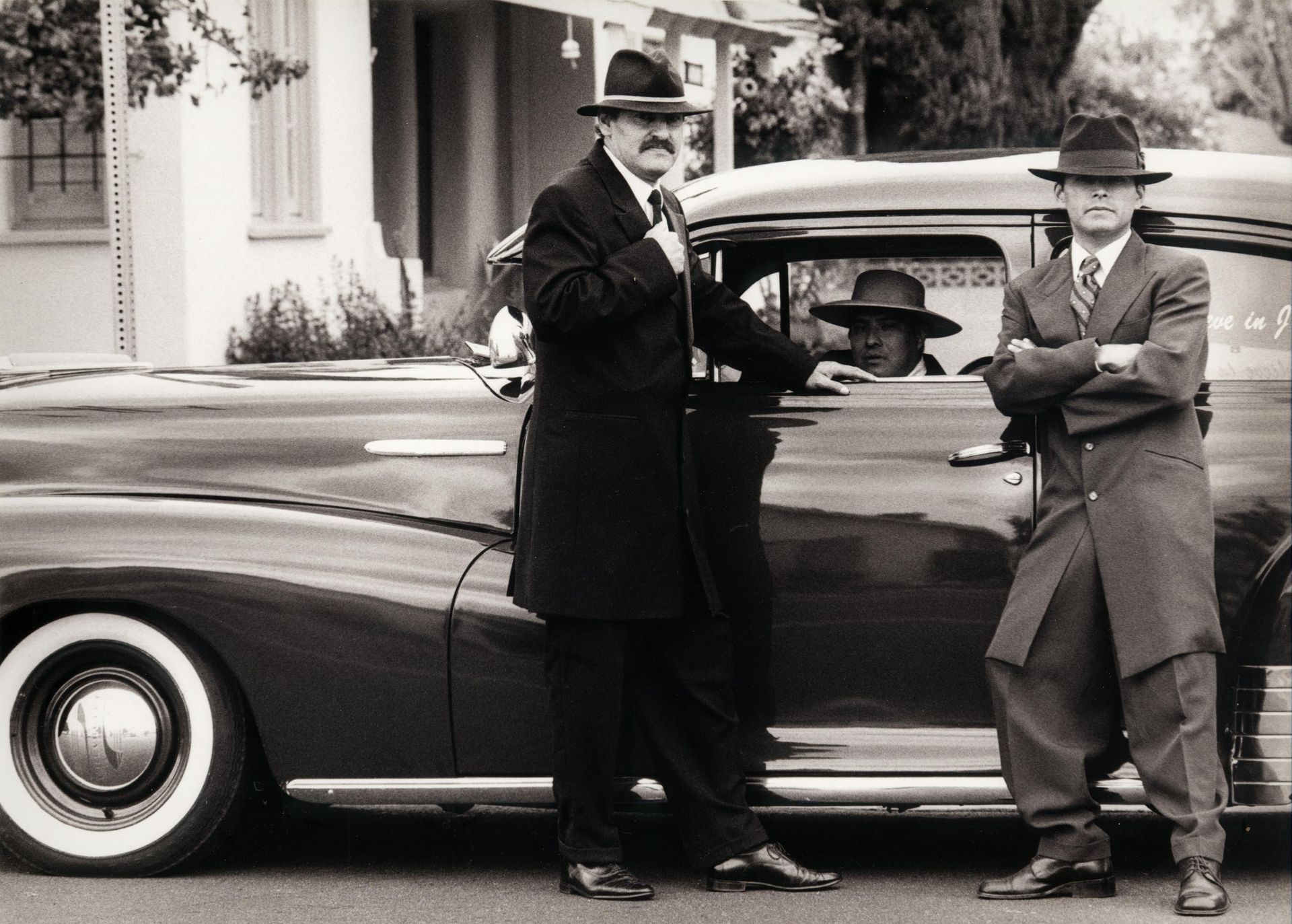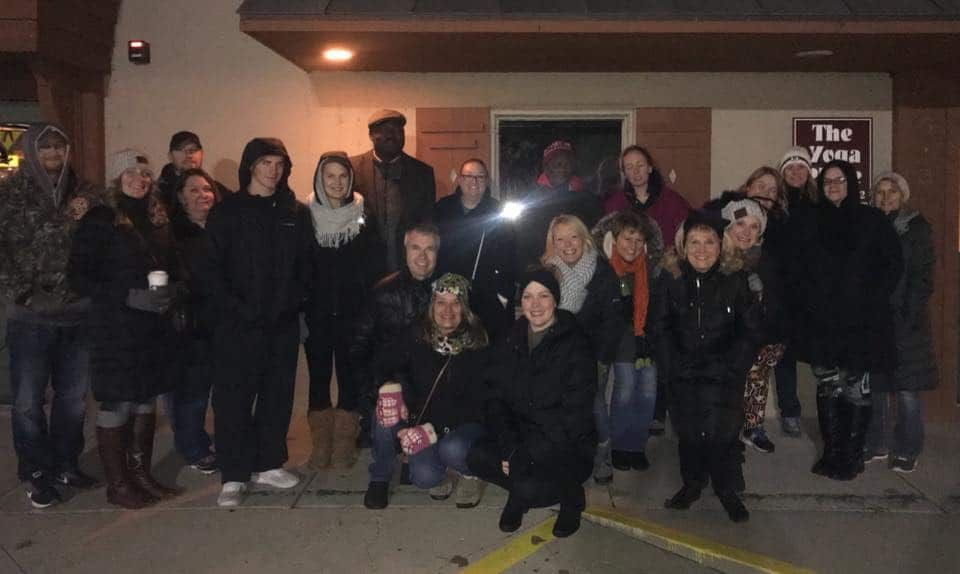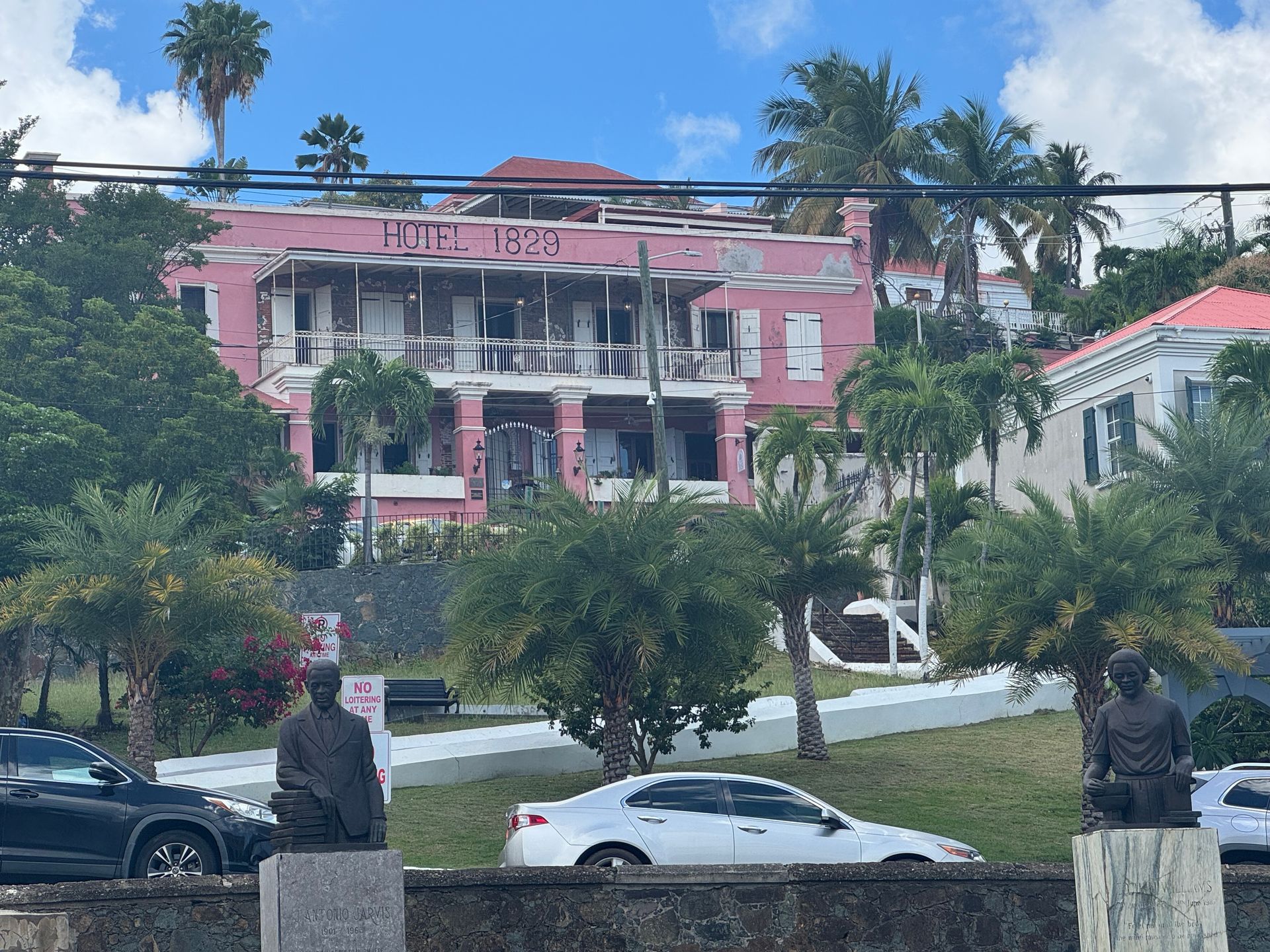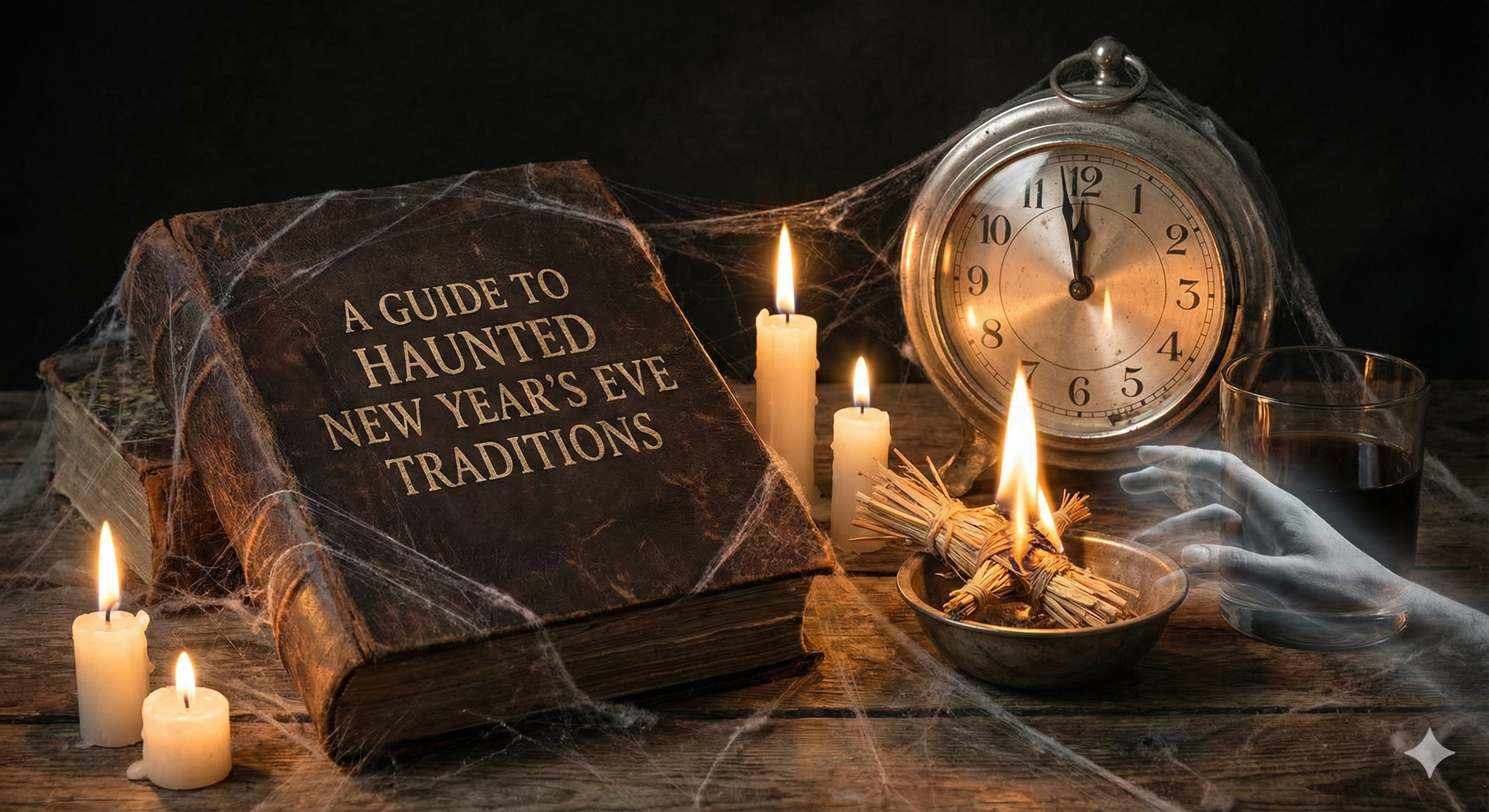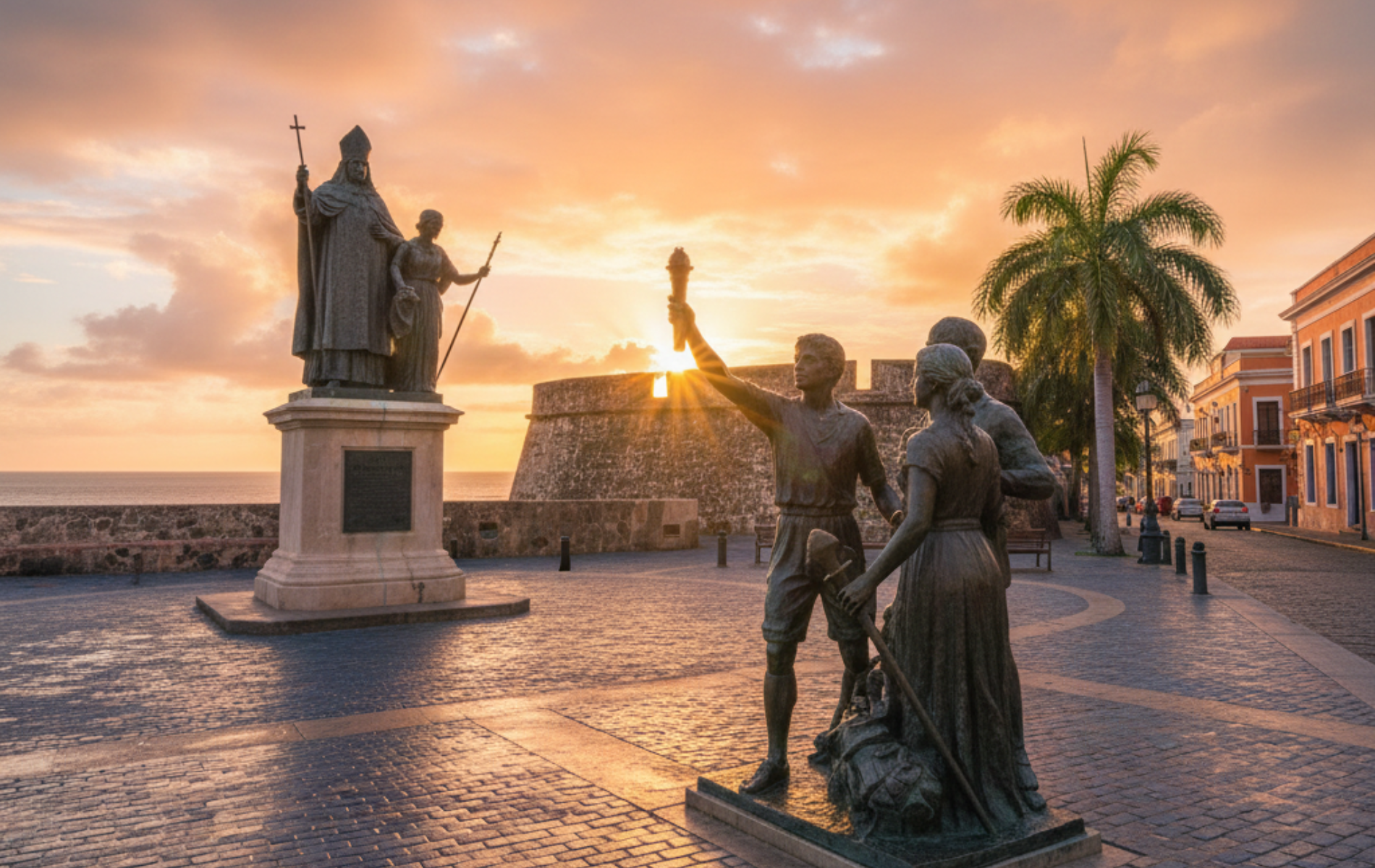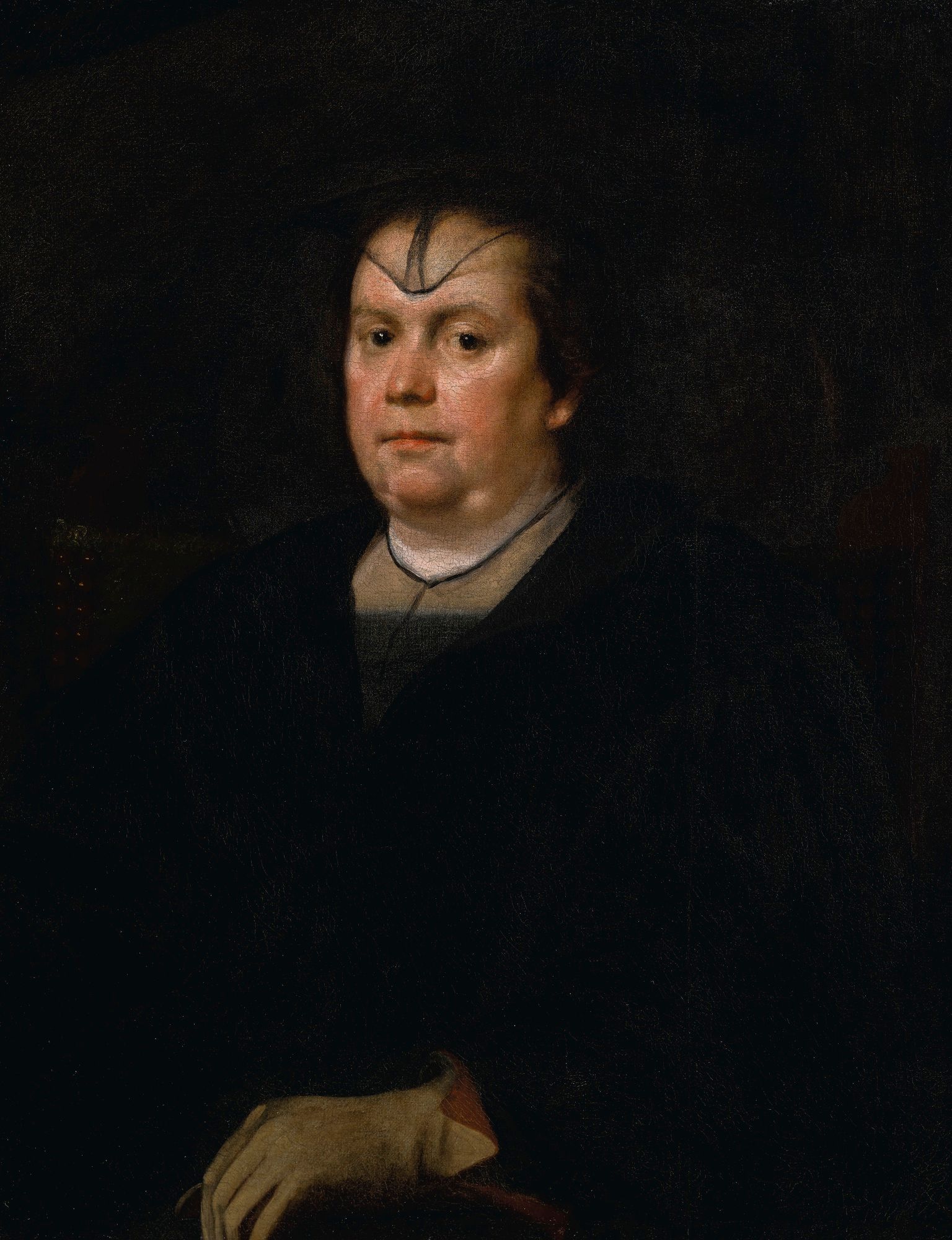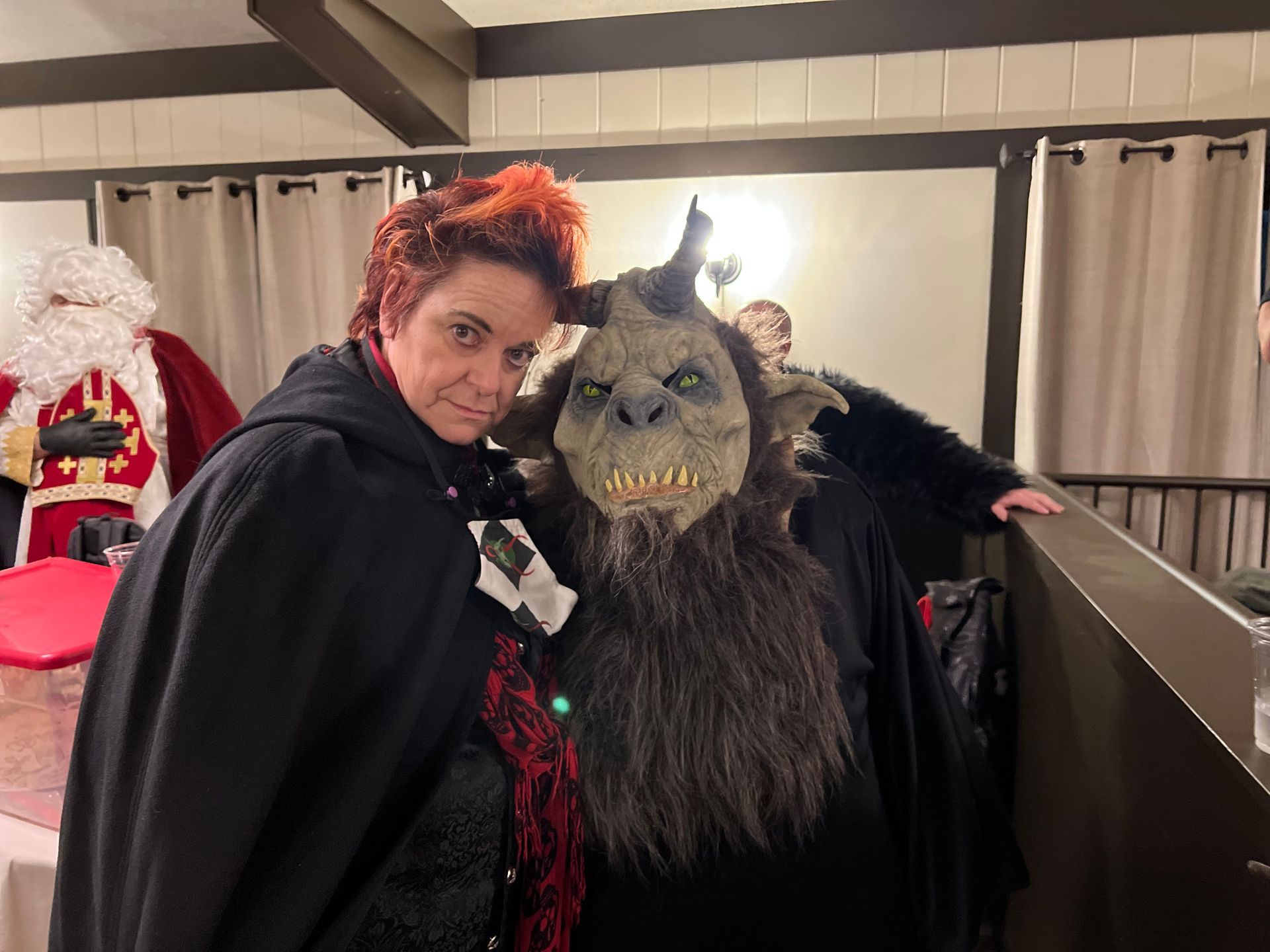Ghosts of the Game: The Haunted Legacy of the Chicago Black Sox
In the world of baseball, few scandals loom as large or as dark as the Chicago Black Sox incident of 1919. But what if the story didn’t end with courtroom drama and lifetime bans? What if the ghosts of that betrayal still linger in the dugouts, the bleachers, and the dusty corridors of old stadiums?
This is more than just a tale of greed and deception. It’s a ghost story dressed in pinstripes and cleats.
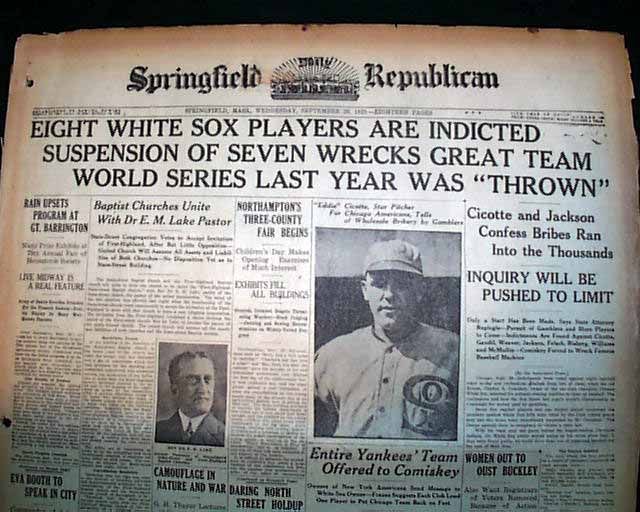
The Scandal That Shook Baseball
The Chicago White Sox were a powerhouse team in 1919. But behind the scenes, resentment simmered. Owner Charles Comiskey paid his players poorly, and frustration turned to mutiny when first baseman Chick Gandil hatched a plan to throw the World Series in exchange for a payout from gamblers.
Eight players ultimately stood accused of fixing the series against the Cincinnati Reds. They went to trial in July of 1921 and while they were acquitted in court, newly appointed baseball commissioner Kenesaw Mountain Landis banned them for life, including the legendary Shoeless Joe Jackson.
That decision marked a turning point in baseball history. But while the official records were sealed, the emotional and spiritual fallout was just beginning.
A Curse in the Shadows?
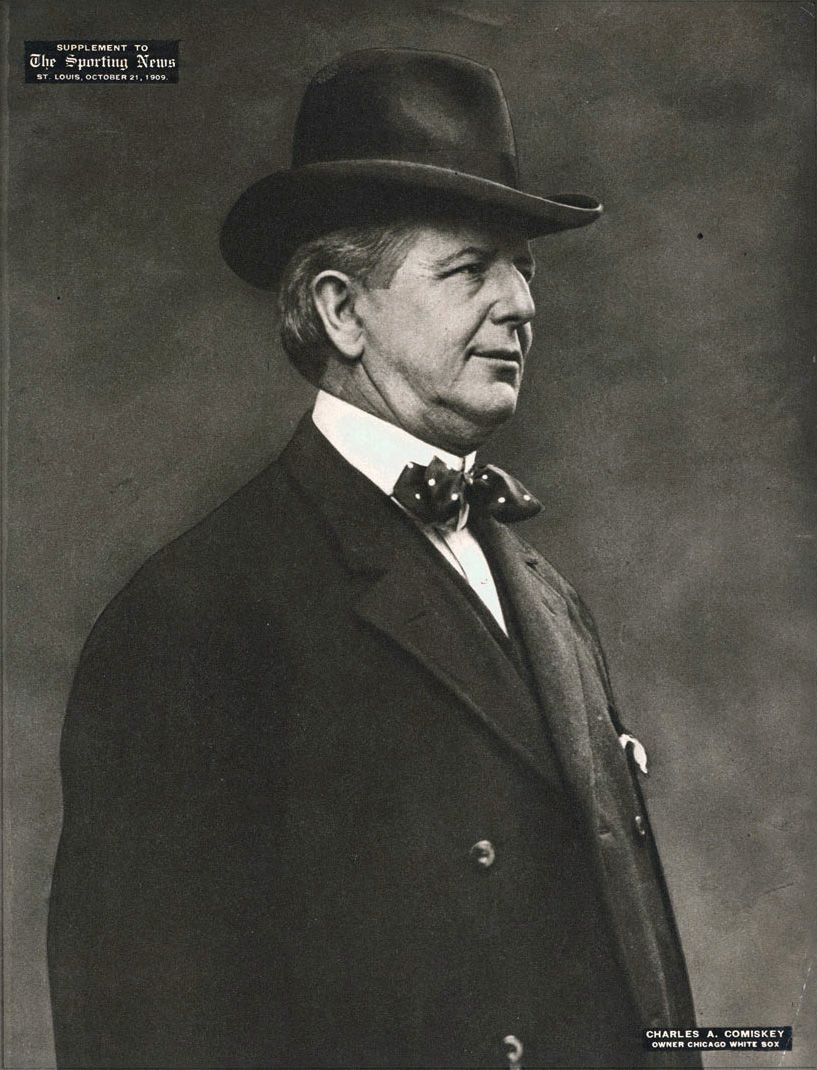
Unlike the well-known Curse of the Bambino or the Curse of the Billy Goat, the White Sox never got a catchy name for their championship drought. But it was real. From 1917 until 2005, the White Sox failed to win a World Series. That’s 88 years of near-misses, collapses, and disappointment.
Some believe the scandal cursed the team. Others whisper that the betrayal was so deep it stained the very soul of the franchise. Even fans who don’t believe in ghosts recognize that something strange seemed to follow the White Sox through the decades. Why did the Cubs’ curse get all the attention, while the White Sox quietly bore the weight of their own haunted past?
Charles Comiskey believed his ballpark and franchise were cursed from the start because Comiskey Park opened on a Friday, July 1, 1910, violating an old Irish superstition that warned against beginning important ventures on Fridays. Comiskey, deeply tied to his Irish Catholic heritage, tried to avoid this by asking the American League president to move Opening Day, but was denied. He even planted a ceremonial brick with Gaelic soil on St. Patrick’s Day to bring good luck, though it was quickly hidden to prevent theft.
The superstition around Fridays carried into the Black Sox scandal, where the conspirators reportedly agreed that no money should exchange hands on a Friday, seeing it as bad luck. Comiskey came to view the scandal and the team’s long championship drought as the dark consequences of ignoring that ancient warning.
The Ghost of Buck Weaver
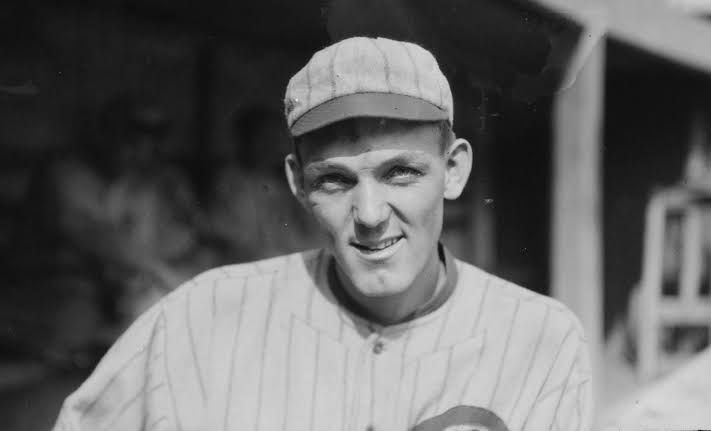
Among the eight men banned in the scandal, Buck Weaver remains a tragic figure. Though he was never accused of throwing a game or taking money, he was banned for simply knowing about the plot and saying nothing. He spent the rest of his life trying to clear his name, and according to one remarkable story, he’s still trying.
Dan Gordon, co-author of Haunted Baseball, told The Fantastic Story Society Podcast of a doctor from southern Illinois who claimed to have seen Buck Weaver’s ghost on the grounds of the old Comiskey Park, now just a parking lot. The doctor, a lifelong Sox fan, had chosen to be married on that very site, with the ceremony taking place at what was once home plate.
During the vows, he looked down the third base line, the very place where Buck Weaver once played, and saw a man in an old-style White Sox uniform. He heard just two words: “Clear my name.”
The moment changed him.
Over the next several years, the doctor spent over $300,000 of his own money trying to get Weaver reinstated. He launched legal efforts, studied the scandal’s history, and became the driving force behind a grassroots campaign to redeem a man who died decades earlier. To him, it wasn’t just history, it was personal.
There was even more depth to the story. The doctor had two children from a previous marriage and used to run the bases with them at the old Comiskey site after games. But after his divorce, his relationship with his kids suffered. Gordon noted the eerie connection: a man haunted by family estrangement and injustice, trying to redeem someone else wronged by the game they both loved.
The doctor wasn’t alone. Others working with him reported strange experiences and paranormal encounters, all reinforcing their belief that Buck’s ghost was real... and still pleading for justice.
Was it a haunting? A psychological projection? A spiritual metaphor? Whatever the truth, the message was clear, and it continues to echo over third base.
Shoeless Joe and the American Imagination
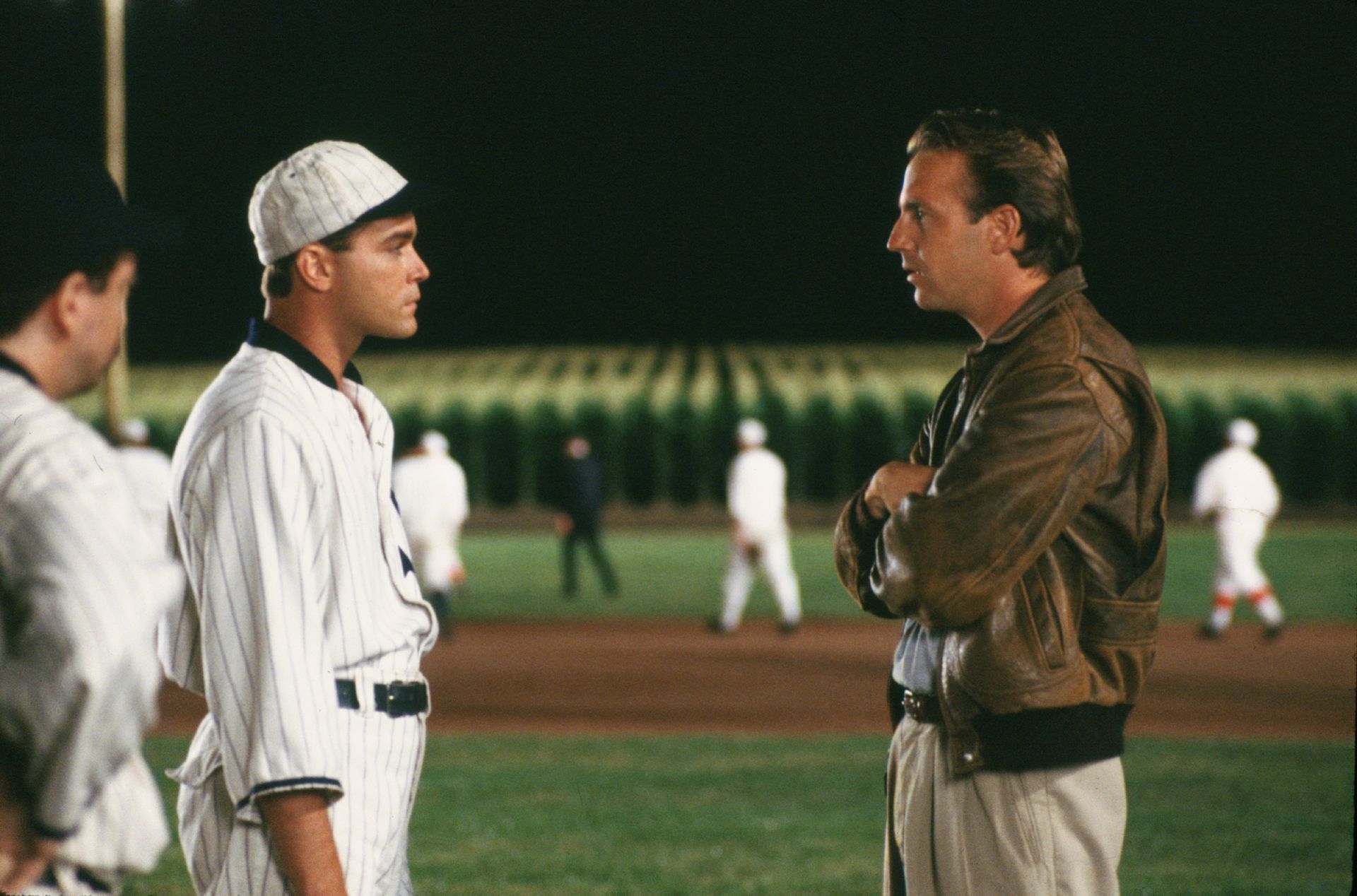
Of all the Black Sox players, none has loomed larger in folklore than Shoeless Joe Jackson. Beloved for his natural talent and tragic fate, Jackson became a mythic figure, the heart of Field of Dreams, and the symbol of lost innocence in the American pastime.
Whether or not he threw the series remains debated to this day. What’s undeniable is the emotional pull he has on fans who believe in second chances and ghosts with unfinished business.
A Little Bit of Redemption for the Black Sox After Death?
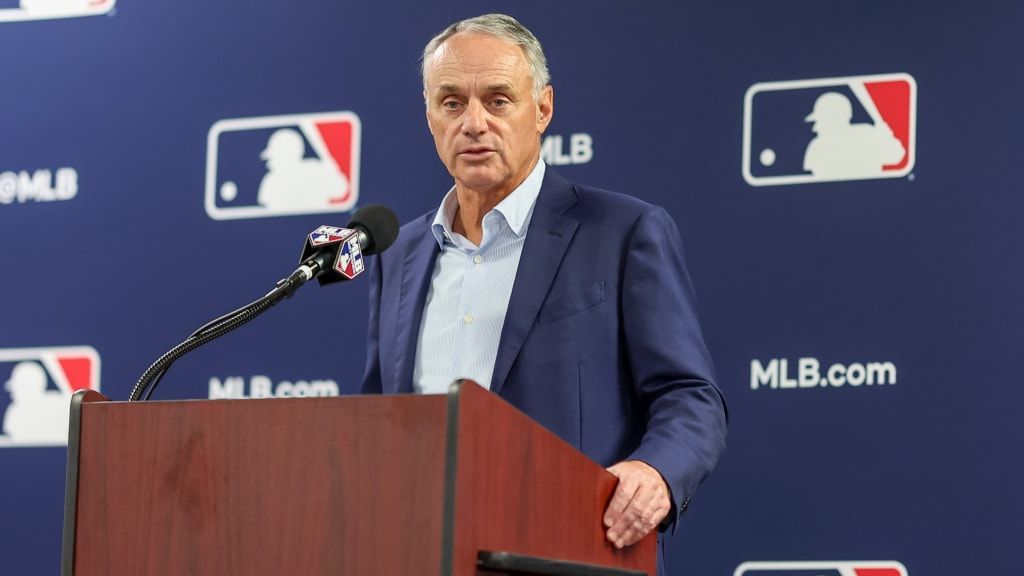
In a historic decision, MLB Commissioner Rob Manfred removed Shoeless Joe Jackson, Buck Weaver, and the rest of the banned Black Sox players from the permanently ineligible list, ruling that baseball’s harshest punishment would expire upon the individual’s death. Citing the obvious, “a person no longer with us cannot represent a threat to the integrity of the game”, Manfred officially ended a lifetime sentence that had become eternal.
Jackson, who died in 1951, was among those cleared. So was Buck Weaver.
This change doesn’t mean automatic induction into the Hall of Fame. But it finally allows their names to be considered. As of now, they’ll be eligible for election as early as 2028, when the Historical Overview Committee may submit their names to the Classic Baseball Era Committee for a vote.
It’s a monumental shift, and for some, a spiritual one, too.

